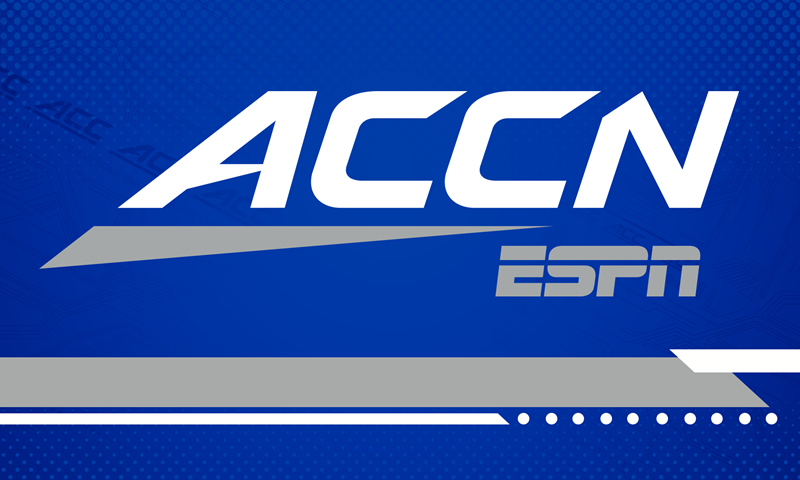
The Atlantic Coast Conference (ACC), a prominent college sports organization, is currently entangled in legal battles against Florida State University (FSU) and Clemson University, two renowned football teams. These disputes involve antitrust and contract issues and are being contested in a North Carolina state court, with both sides vying for a favorable venue.
The ACC and other conferences face significant risks, as similar claims from dissatisfied teams could emerge if the conference fails to successfully defend against them. These legal conflicts involve substantial sums, with over half a billion dollars in television broadcast rights and contract penalties at stake.

On March 22, the ACC and FSU appeared in the North Carolina Business Court to argue whether FSU’s attempt to exit the conference, involving nearly $600 million, should be adjudicated in North Carolina or Florida. Both parties are relying on legally contentious arguments, with the choice of venue potentially influencing the outcome.
The ACC initiated legal action in North Carolina to prevent FSU from leaving the conference, while FSU countered with its own lawsuit in Florida. At the heart of these lawsuits is the question of whether the exit fees imposed by the ACC are excessively high and violate antitrust laws. Clemson University further complicated matters by filing a $140 million complaint in South Carolina, echoing FSU’s grievances.

Legal experts note that while the contracts may appear unfavorable, they argue that the terms were agreed upon by the parties involved. They caution against assuming that harsh terms necessarily constitute antitrust violations, as such arguments often fail in court. Additionally, the notion that the contract’s penalties are unconscionable is typically applied in consumer or employment contexts, rather than in collegiate athletics.
The ACC contends that its agreements with member institutions are binding and necessary for the functioning of the conference. However, the outcome of these legal battles could set precedents for schools nationwide and impact the dynamics of collegiate sports conferences.
Leave a Reply